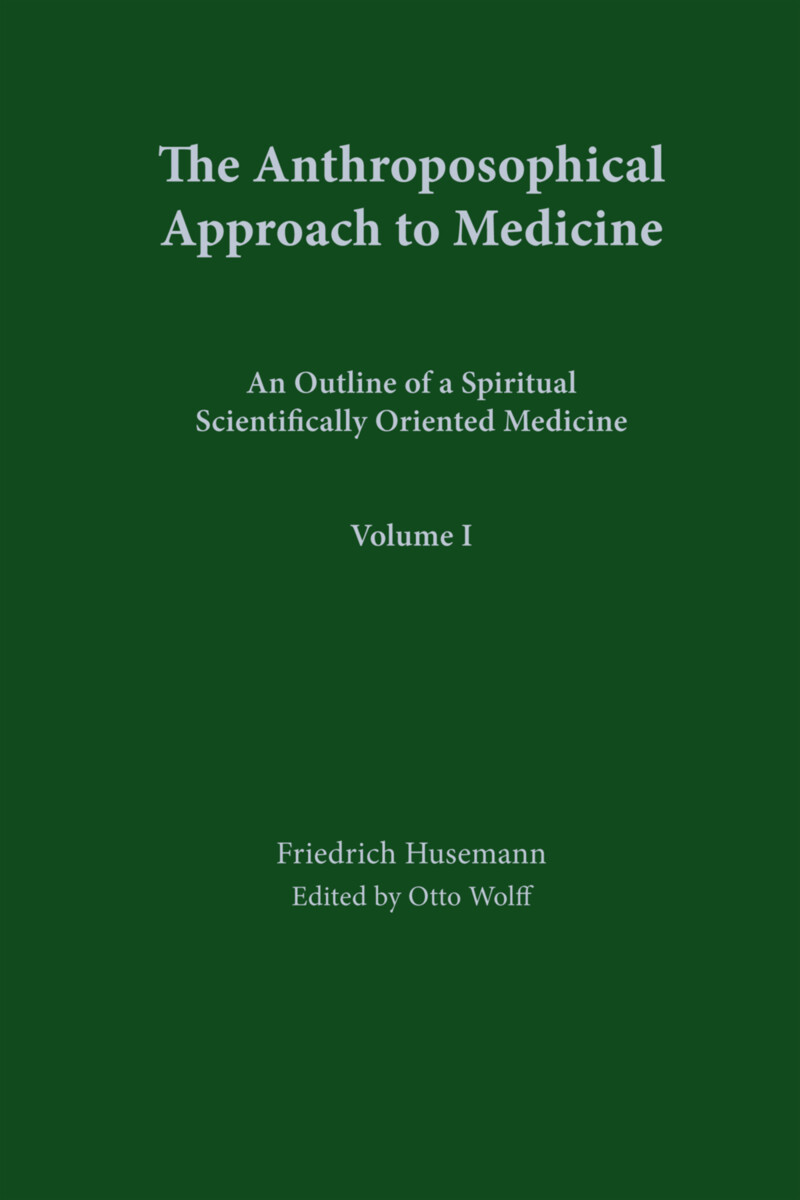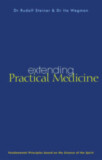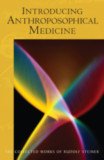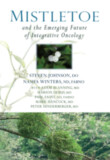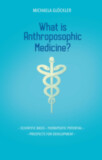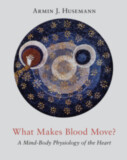The Anthroposophical Approach to Medicine
Volume 1: An Outline of a Spiritual Scientifically Oriented Medicine
Contributions by Otto Wolff, MD, Walter Holtzapfel, MD, Wilhelm Pelikan, Alla Selawry, Werner Kaelin, Hellmut Klimm, Hans Krüger, Hanno Matthiolius and Wilhelm Spiess
Edited by Otto Wolff, MD
Translated by Peter Luborsky
Revised by Lisa Davisson
- Publisher
SteinerBooks - Published
1st January 1983 - ISBN 9780880100311
- Language English
- Pages 414 pp.
- Size 6" x 9"
Today's medicine is strongly influenced by natural science, which focuses entirely on the material nature of reality. Molecular biology has become the foundation of modern medicine with the result that today's medical industry chases after technology to solve all its problems. In the process it is losing its own essence as it moves into fields increasingly alien to human nature as a whole. Nevertheless, many doctors are beginning to reexamine this exclusive worldview in favor of a more wholistic approach to healing. To this end, anthroposophical medicine encompasses a wide range of healing modalities, including orthodox, allopathic medicine.
The Anthroposophical Approach to Medicine explores the body's relationship to soul and spirit on the basis of Rudolf Steiner's insights into the activities of the spiritual world. Edited by doctors Friedrich Husemann and Otto Wolff, this book invites us to an in-depth view of a true alternative to materialistically oriented medicine.
Chapters include essays on childhood development and diseases; the disorders of old age; neuroses and psychological imbalances; pharmacology; healing plants; biochemistry and pathology; blood-work; and special diagnostic techniques.
This first of a multi-volume series is an invaluable tool to all who want to extend the practice of medicine to include the whole human being.
C O N T E N T S:
Foreword to the 2nd Edition
Publisher’s Note
1. Introduction
2. The First Epoch of Life: From Birth to the Change of Teeth
3. The Second Epoch of Life: From the Change of Teeth to Puberty
4. The Third Epoch of Life: From Puberty to the Twenty-first Year of Life
5. The School Child and the School Physician’s Guidance
6. Developmental Disorders in Childhood: Aspects of Curative Education
7. Inflammation and Sclerosis as Basic Tendencies of the Ascending and Descending Halves of Life
8. Hysteria and Neurasthenia
9. Fundamentals of a Biochemistry and a Pathophysiology
10. Pharmacodynamics
11. Toward a Science of Healing Plants
12. The Capillary-dynamic Blood Test
13. Blood Crystallization as a Diagnostic Technique
Notes and References
Friedrich Husemann, MD
Dr. Friedrich Husemann (1887–1959) was born in in northeast North Rhine-Westphalia in north Germany, the first son of a Protestant pastor. He originally wanted to study theology (as his brother Gottfried did later on), but eventually decided on medicine. He met Rudolf Steiner while a studying medicine, and finished his training in 1920 with a specialty in psychiatry. Based on the fundamental ideas of Anthroposophy, Dr. Husemann developed a variation of conventional medical-therapeutic practice. He divided this model into three areas: physical therapy through medication and external applications; artistic therapy; and psychotherapy. In 1930, he founded the Wiesneck Sanatorium. It was later named after him as the Friedrich Husemann Clinic in Buchenbach near Freiburg im Breisgau, which specializes in psychiatry and psychotherapy. The clinic continues to be based largely on Husemann's work. During the Nazi period, Friedrich Husemann sought to save the lives of his patients and prevent them falling victim to the Nazi authorities. He died in Buchenbach, a municipality in the southwest Black Forest.


